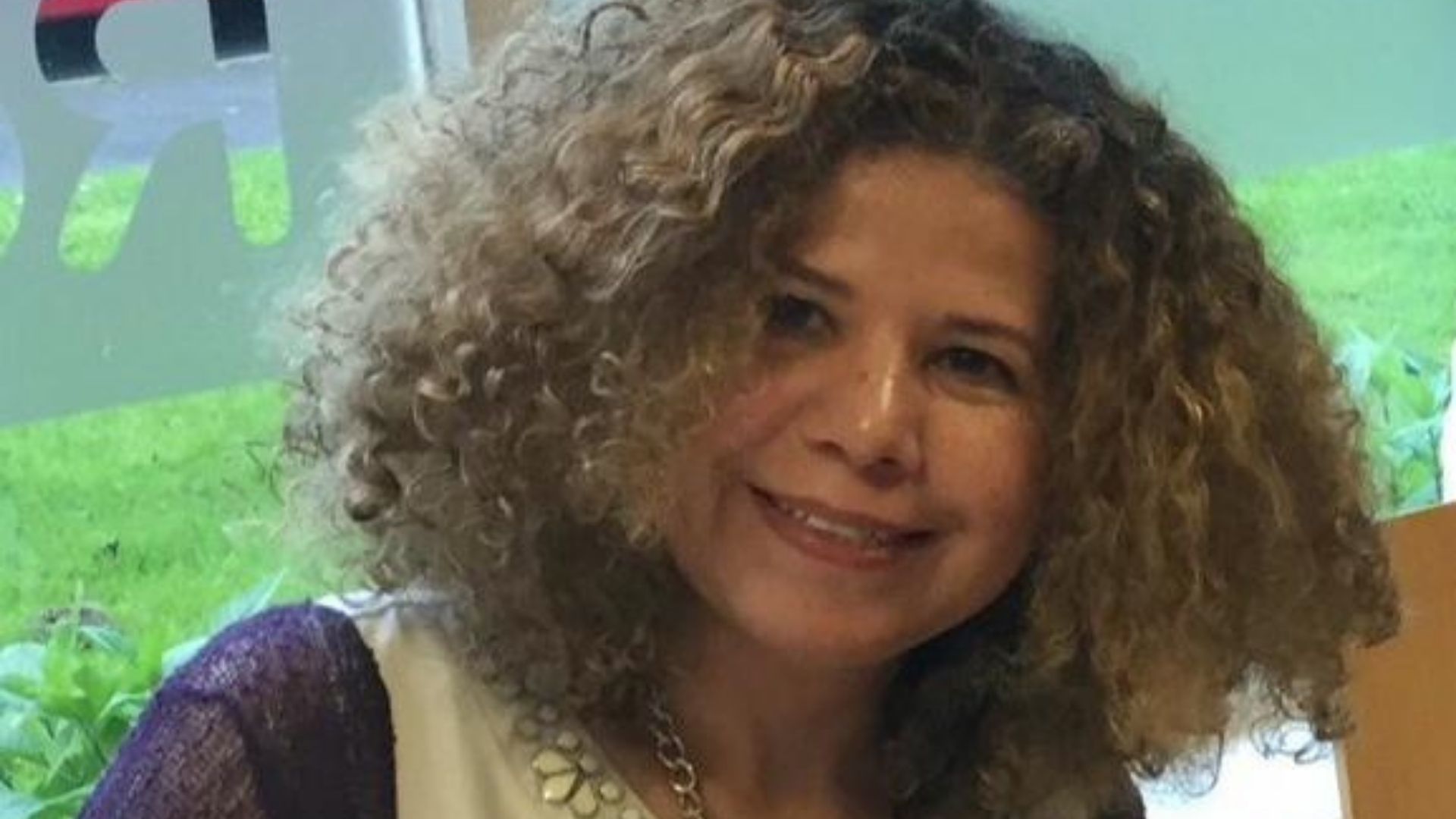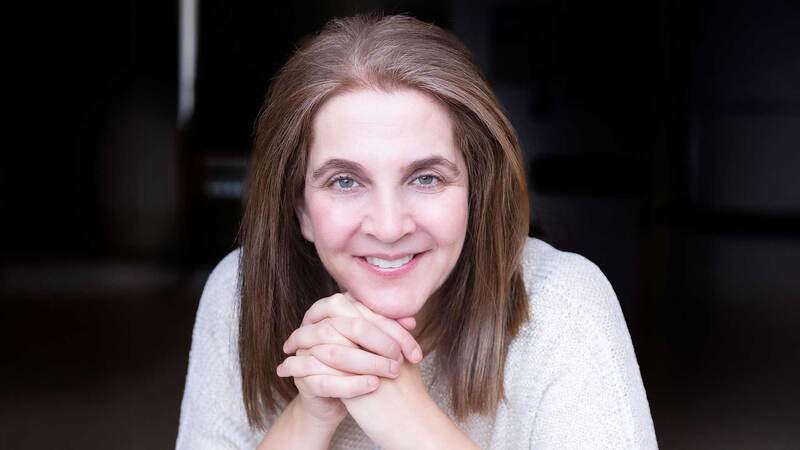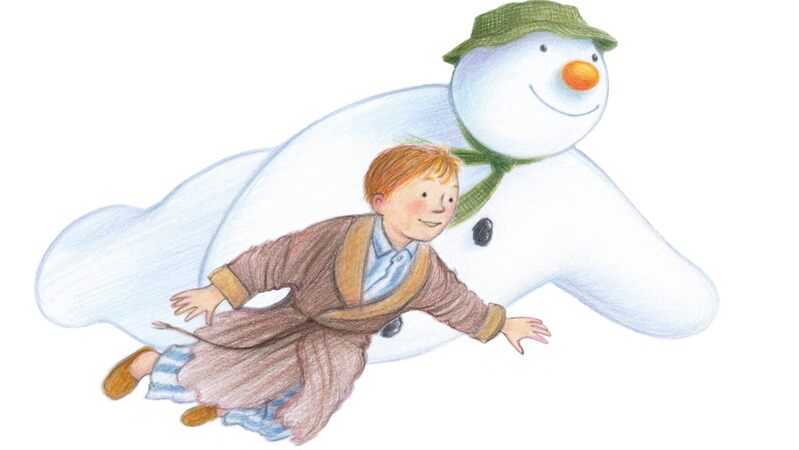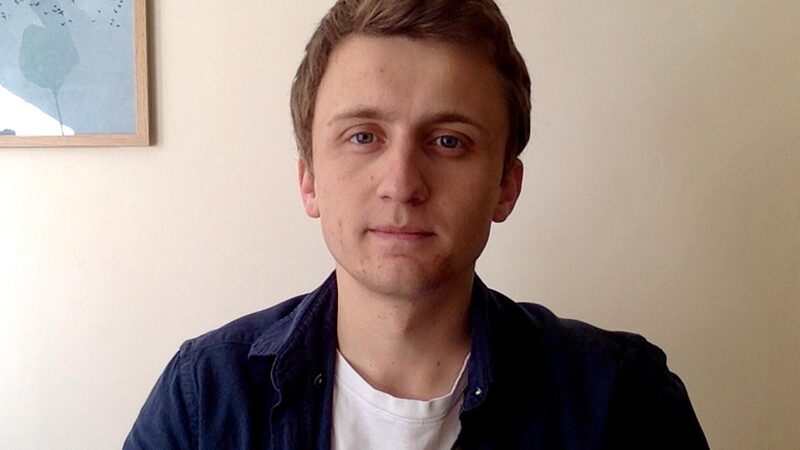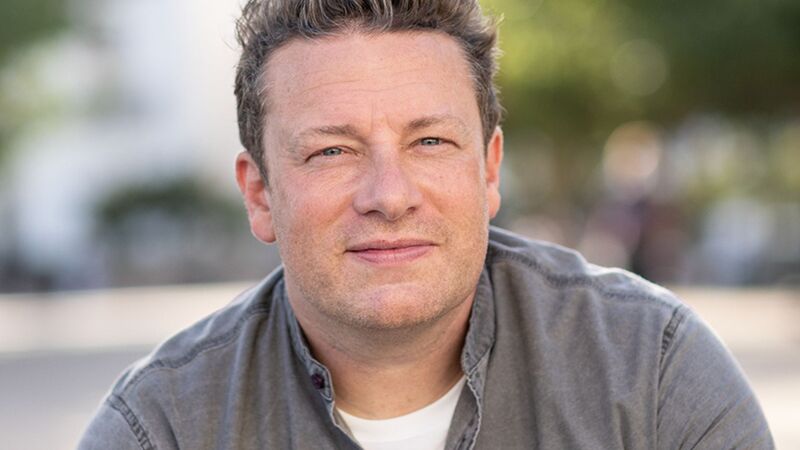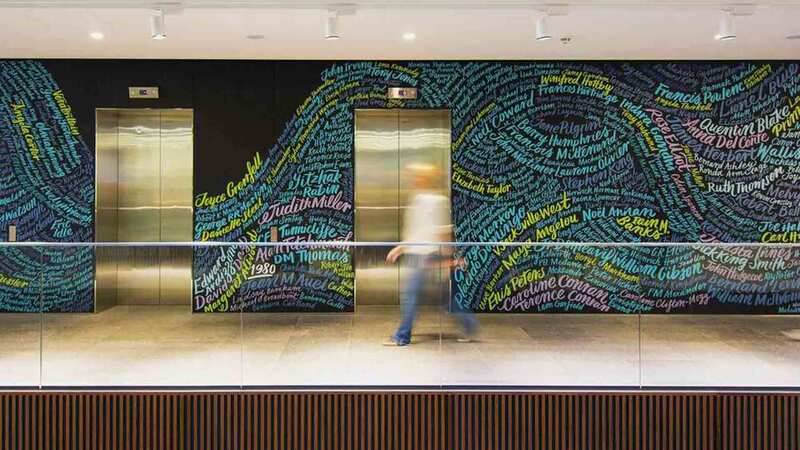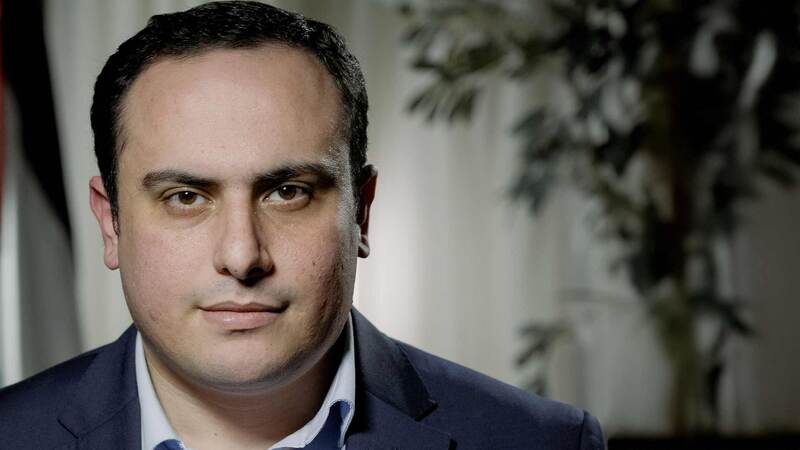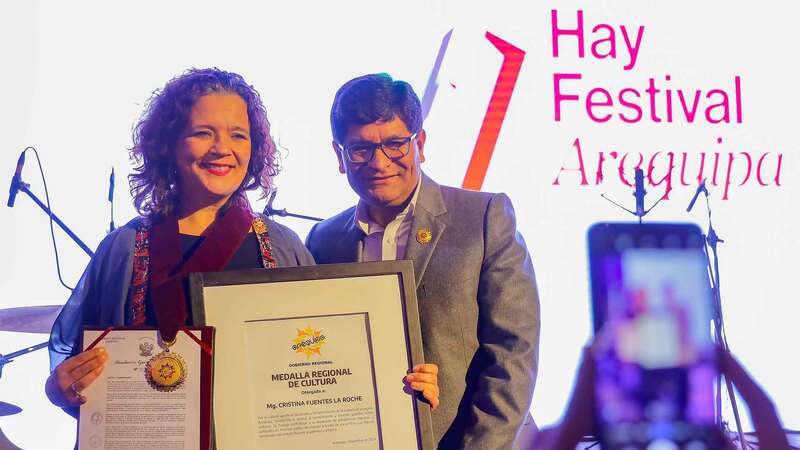You are viewing your 1 free article this month. Login to read more articles.
Refugee-led literary magazine opens submissions for new writing
A new literary magazine showcasing the work of refugees and asylum seekers is opening submissions for new writing next month, to feature online and in print.
Helmed by a team of refugees and immigrants, The Other Side of Hope aims to challenge common perceptions of refugees in the UK, and to chronicle the immigrant experience. It features non-fiction, fiction and poetry, with the last two categories open to refugees, asylum seekers and immigrants only.
The magazine takes its name from Aki Kaurismäki’s film. It publishes in print annually and online periodically, and was founded last autumn by editor and fiction writer Alexandros Plasatis, fiction editor Hansa Dasgupta, poetry editor Malka al-Haddad and non-fiction editor Maria Rovisco. Its interviews and reviews editor is Rubina Bala, with design and artistic direction from Olivier Llouquet.
"The Other Side of Hope was created because there is no other similar literary magazine in the country," said al-Haddad (pictured), who is an Iraqi human rights activist, teacher and writer. "This type of publication should have happened years ago but because it didn’t, we made it happen. As migrant editors, we believe that people need to understand each other, and this magazine exists to enable people to gain insights into us – our lives, our talents and our stories. It aims to be a bridge that will bring people closer through literature."
Al-Haddad sought refuge in the UK for nine years, having previously taught Arabic literary criticism at Kufa University in Iraq. Her poetry collection, Birds Without Sky: Poems from Exile (Harriman House) was longlisted for the Leicester Book of the Year award 2018.
The magazine now has two patrons, author A M Dassu and Lord Alf Dubs, a former refugee child who has been supporting refugees throughout his life. It also includes book reviews and author interviews by any contributor, on the proviso the content sheds light on refugee and immigrant life. The publication currently offers a fee of £100 per published author in the print issue and £50 for online.
Owing to legal constraints from the Home Office, payment is not currently available to people seeking asylum, who instead receive a £100 or £50 gift card. Arts Council England funds the publication, and it is supported by Journeys Festival International, a refugee festival that takes place annually in Leicester, Manchester and Portsmouth.
"It's important to learn about refugees because we need people to know how a lot of people from all around the world could be displaced nowadays," al-Haddad adds. "Moreover, refugees can have a great positive impact on their host countries. When people are forced to flee their countries because of war, crisis or fear, they carry their skills and experiences with them. Reading immigrant literature is important for better community integration. Our magazine is an open and bright window learning about new achievements and building bridges that have been broken by racism and hatred."
Submissions will open in February and will be announced on the magazine's website.





